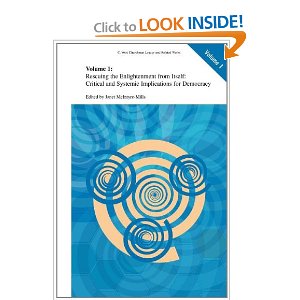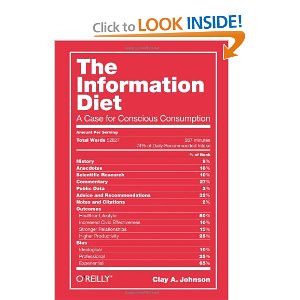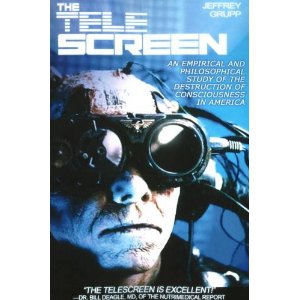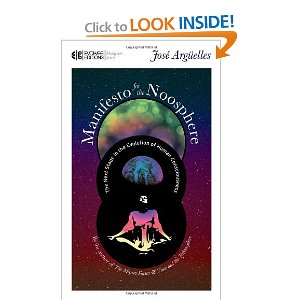This is a seminal work going back in time, integrating reflexive practice, what is now known as third phase science and dialogic design science. A major contribution within this book is A. N. Christakis, “A Retrospective Structural Inquiry of the Predicament of Mankind, Prospectus of the Club of Rome.”
The short story: the Club of Rome chose the Meadows/Randers top-down micro-management solution now famous as the Limits to Growth model. They rejected the reflexive / third order science solution that recognized that all humanity must be engaged, all humanity must comprehend and agree on solutions, or the solutions would never be implementable nor sustainable.
Other vital books that close the circle on where a few of us continue to try to make progress:
Turning Learning Right Side Up: Putting Education Back on Track (paperback)
Idealized Design: How to Dissolve Tomorrow's Crisis…Today (paperback)
How People Harness Their Collective Wisdom And Power to Construct the Future (Research in Public Management (Unnumbered).)
Architecture in Transition
The Talking Point: Creating an Environment for Exploring Complex Meaning (PB)
A Democratic Approach to Sustainable Futures: A Workbook for Addressing the Global Problematique
Science of Generic Design: Managing Complexity Through Systems Vol 1 and Vol 2
A Handbook of Interactive Management
Reflexive Practice: Professional Thinking for a Turbulent World
Ideas and Integrities: A Spontaneous Autobiographical Disclosure
My own book that I cannot link to but am allowed to mention, is THE OPEN SOURCE EVERYTHING MANIFESTO: Transparency, Truth & Trust. Find it here on Amazon. I believe Western “democracy” (largely a fraud) and Western capitalism (largely predatory and now gravely wounded by the legalized global financial fraud of Goldman Sachs, Morgan, Citi-Bank, and Bank of America, among others) are both going to implode in the near term (by 2014). Solutions are going to come from bottom up. All of these books are critical design-related texts for bottom-up holistic design, what Buckminster Fuller called “comprehensive architecture.” We need to future-proof our cities, one block at a time. This book is a fine starting point.










